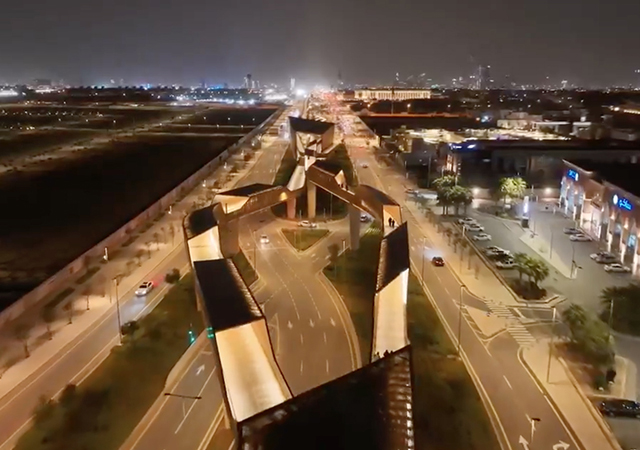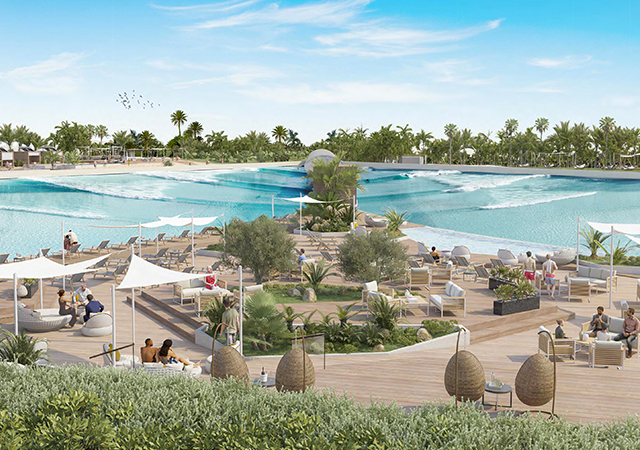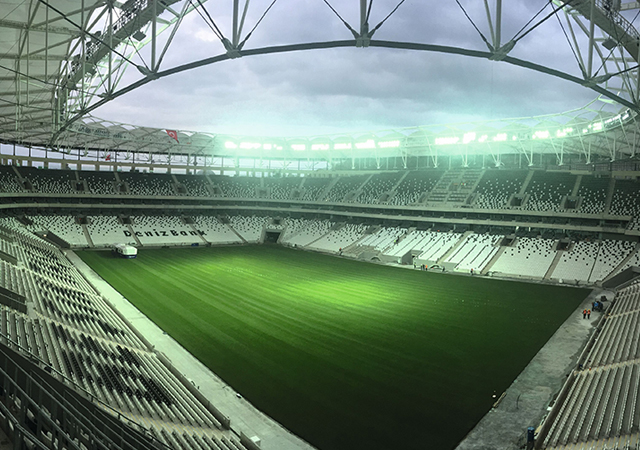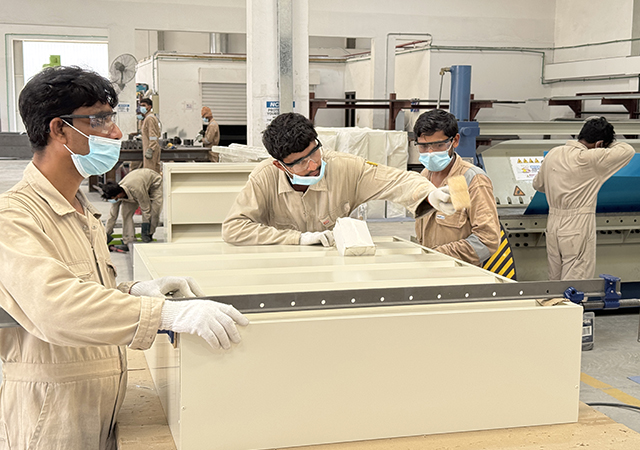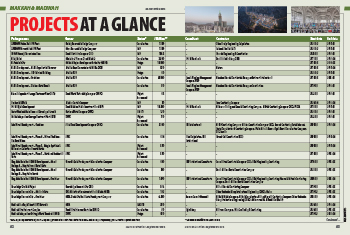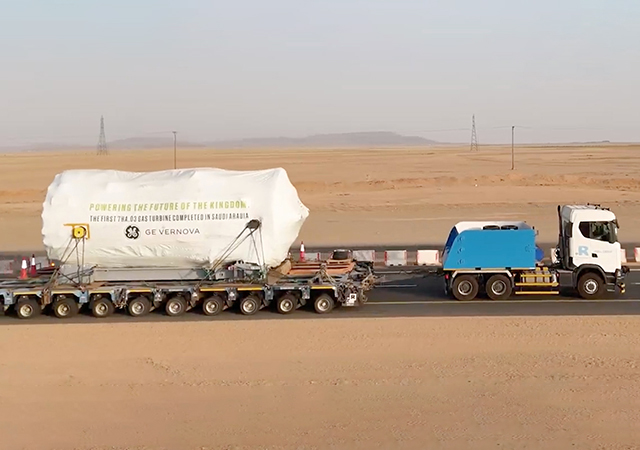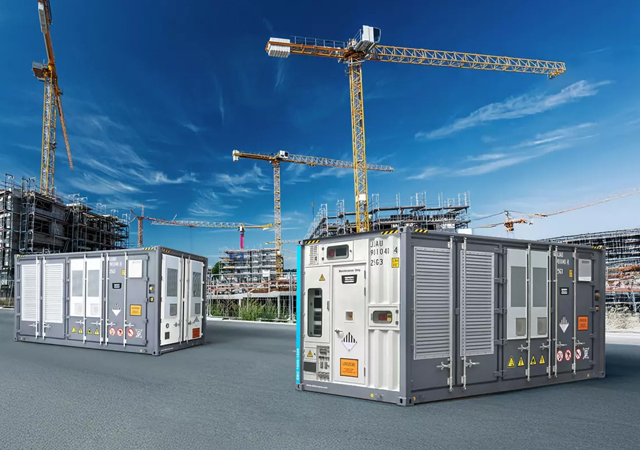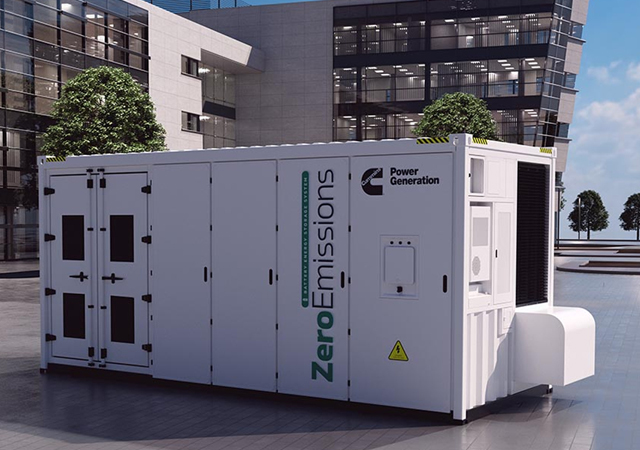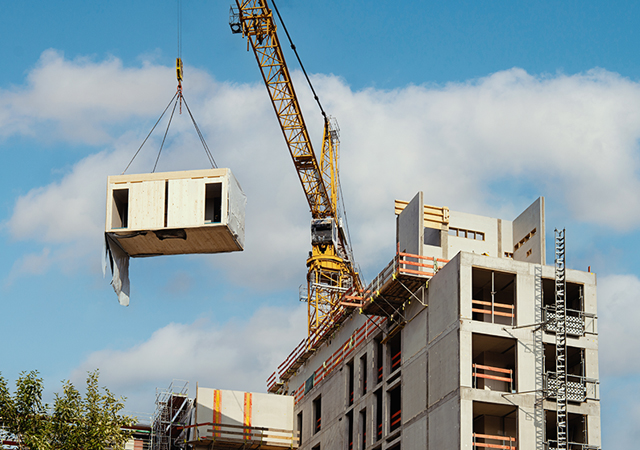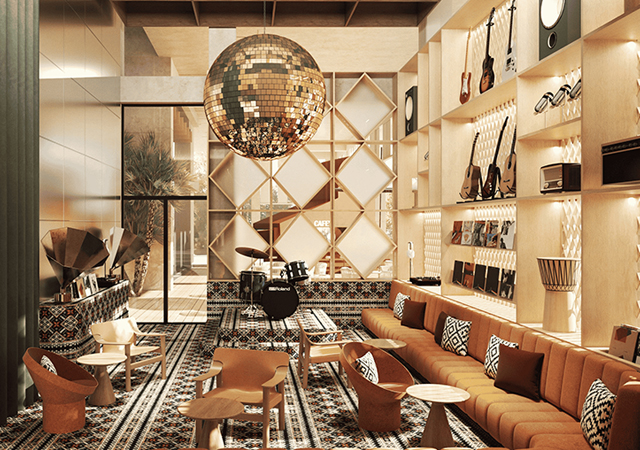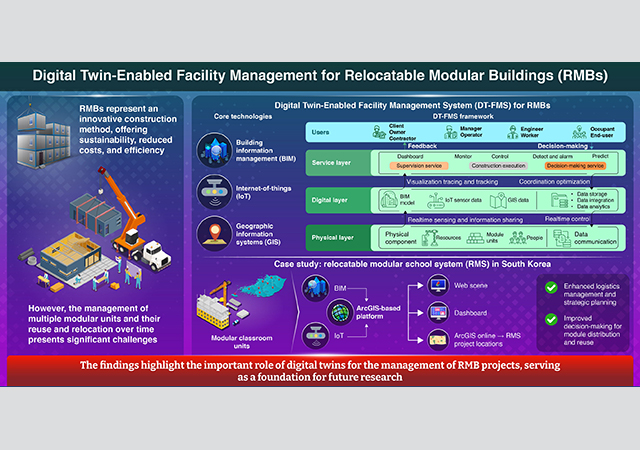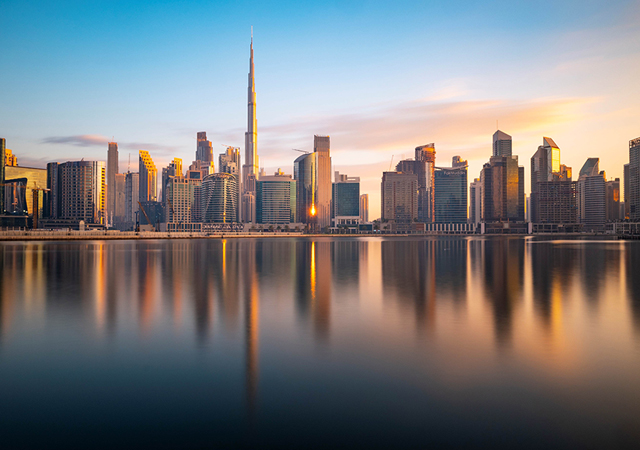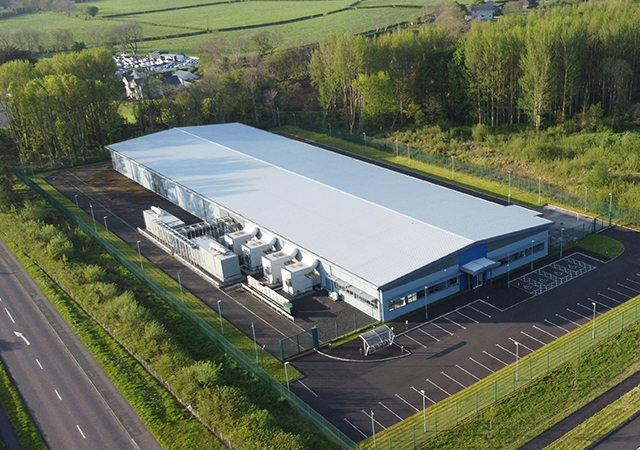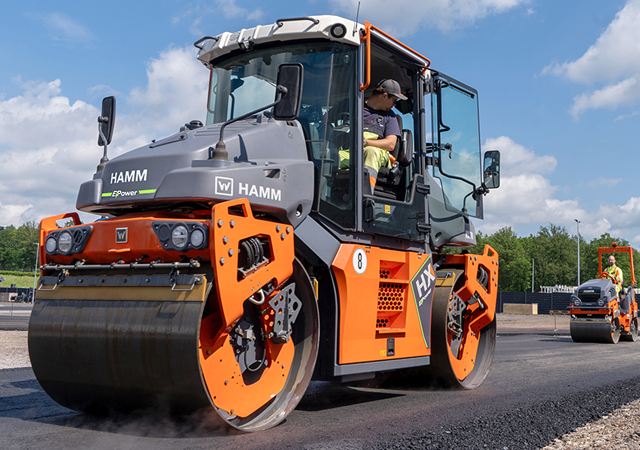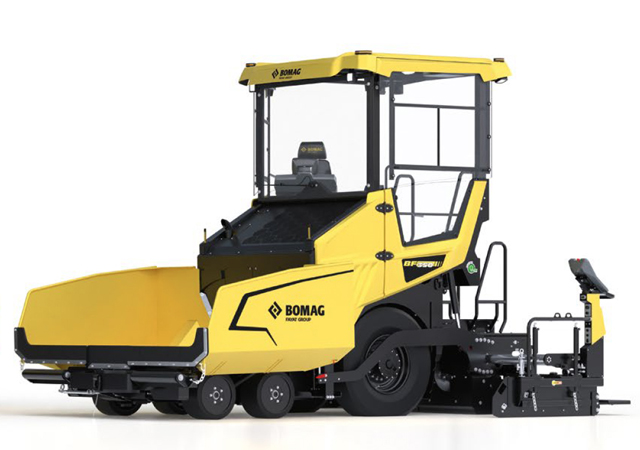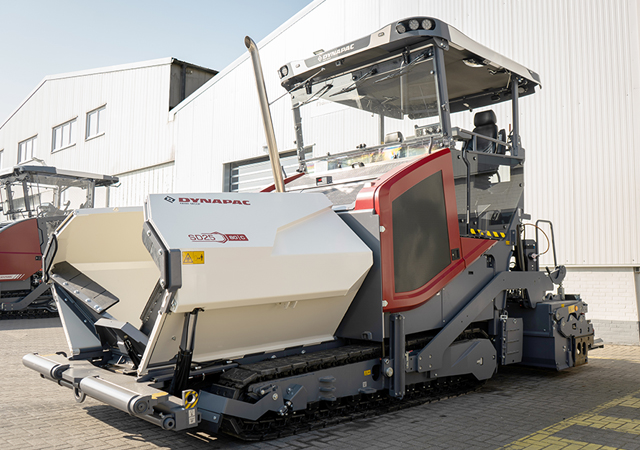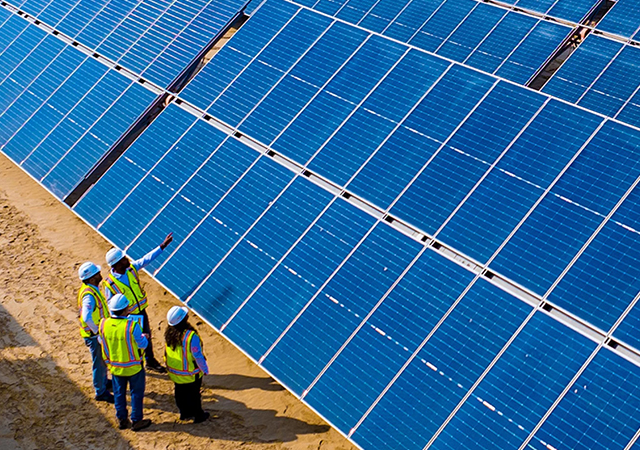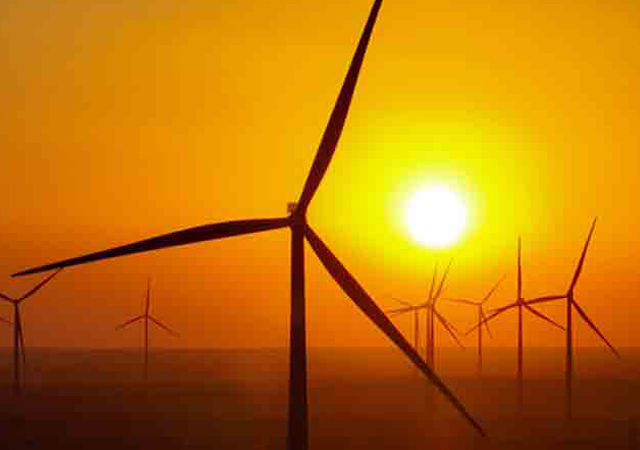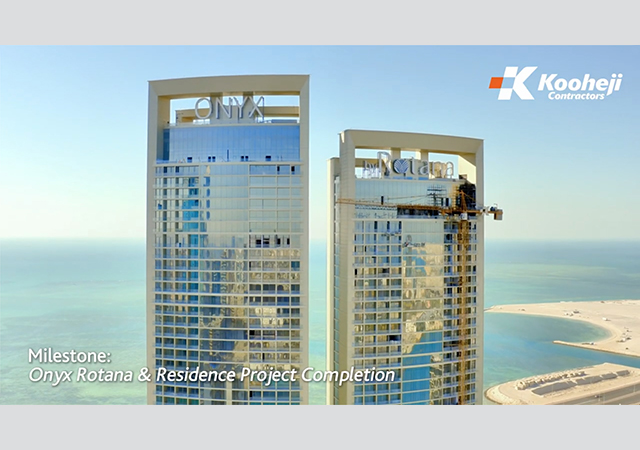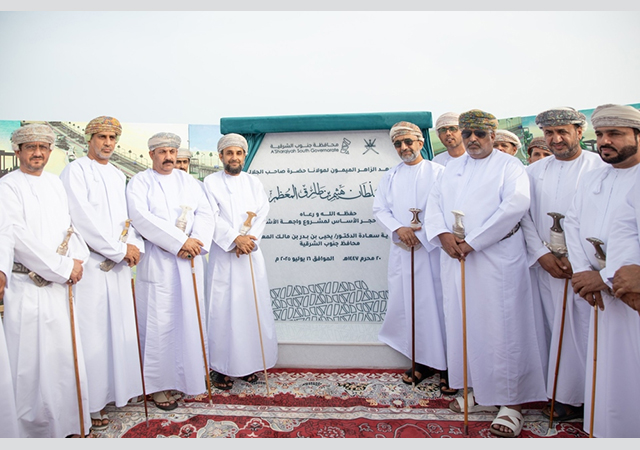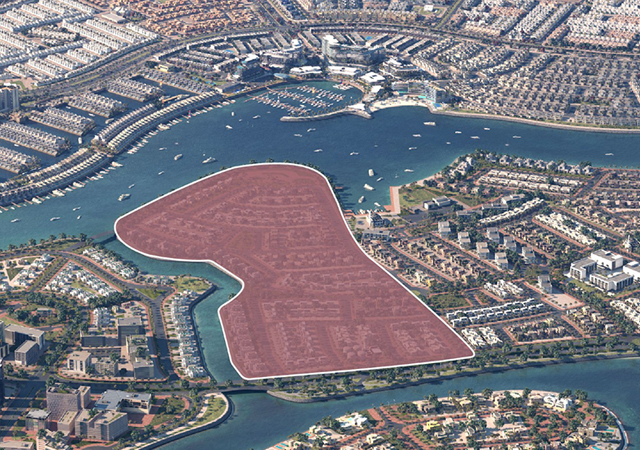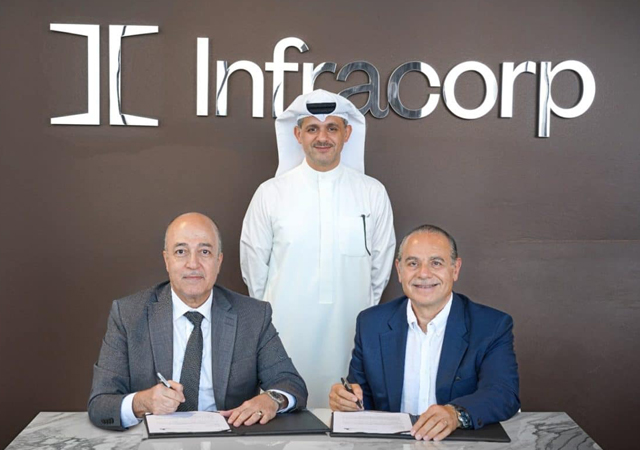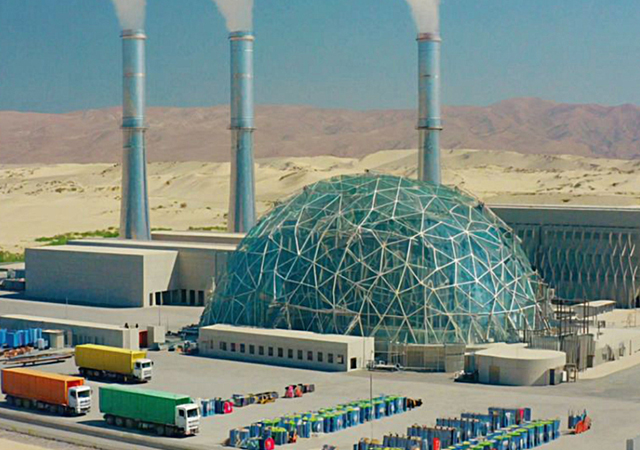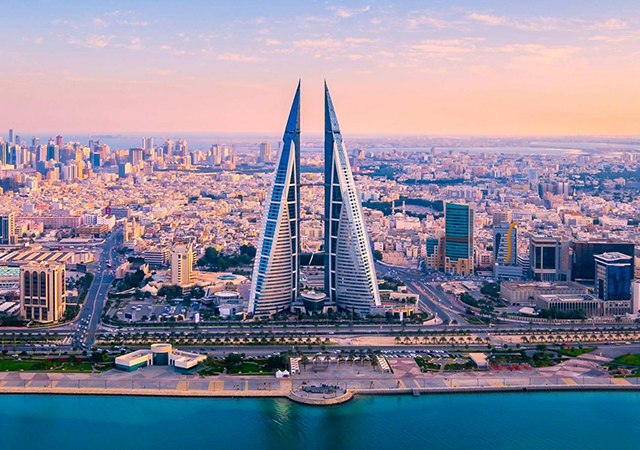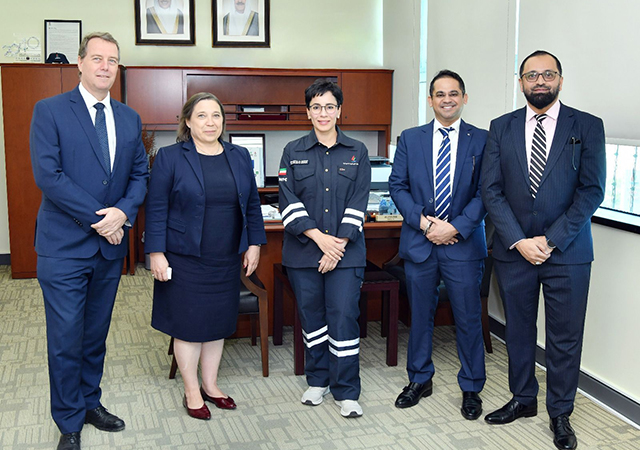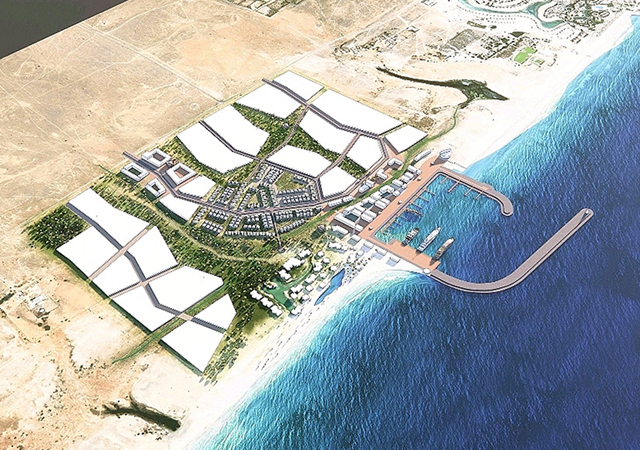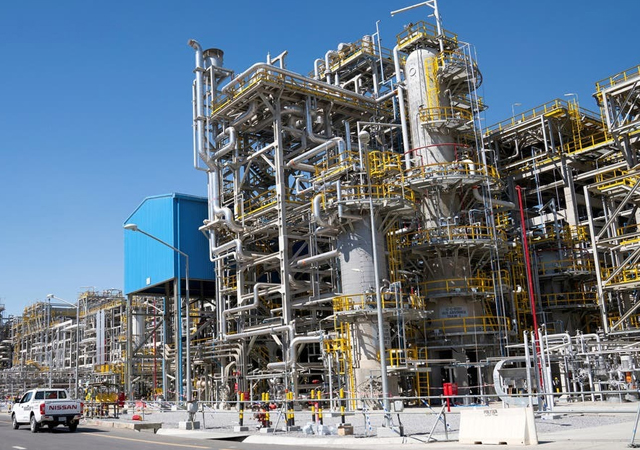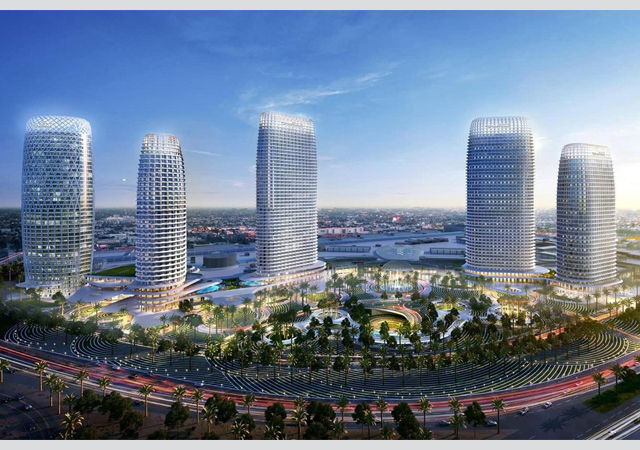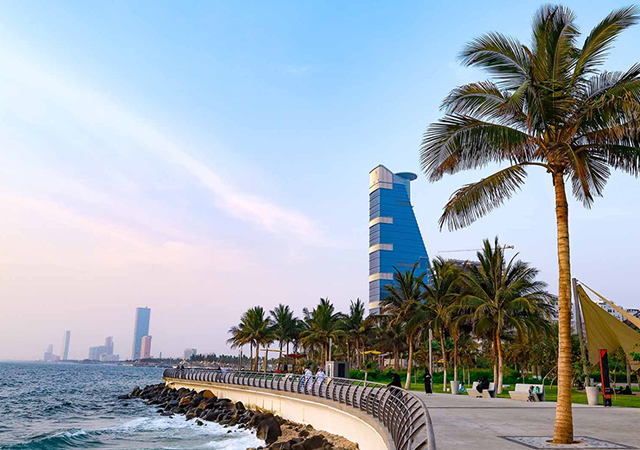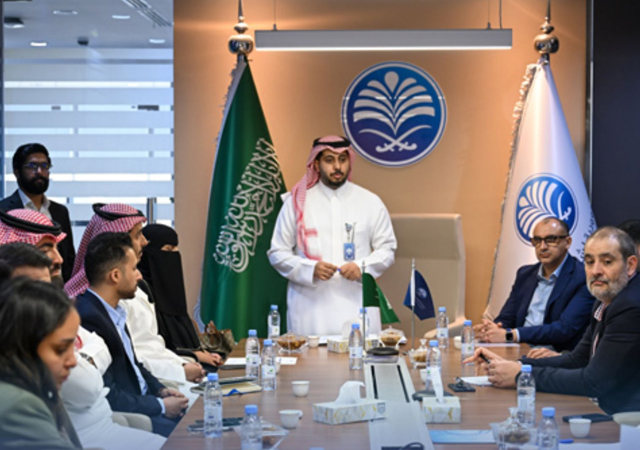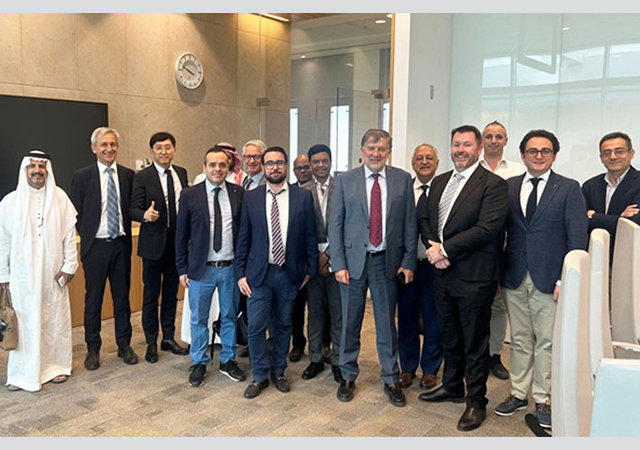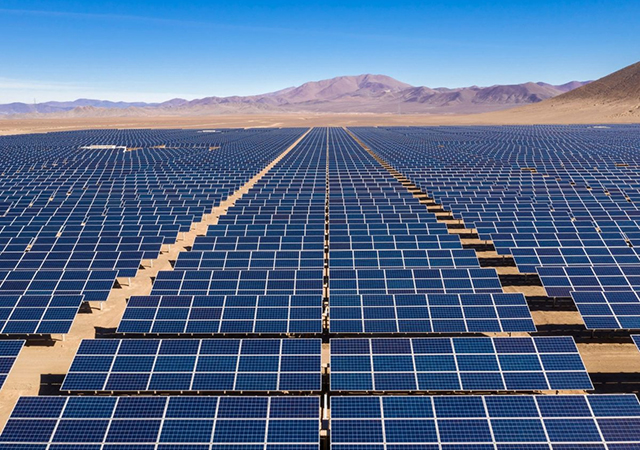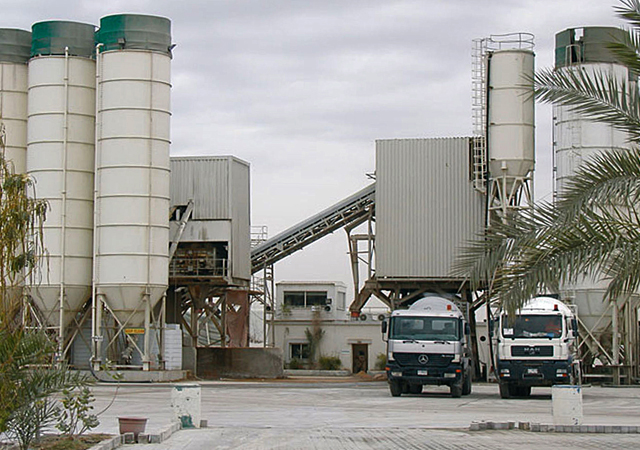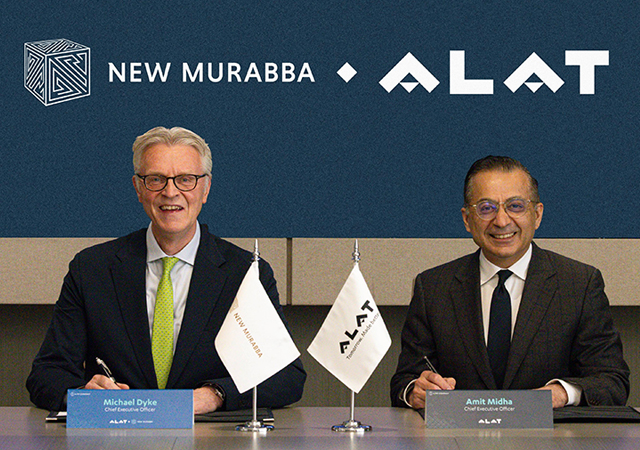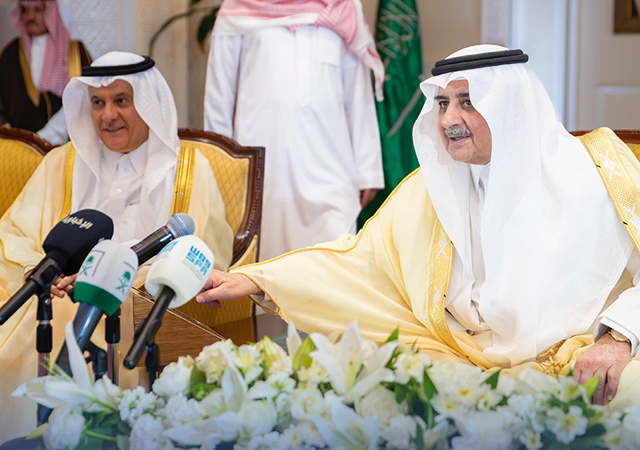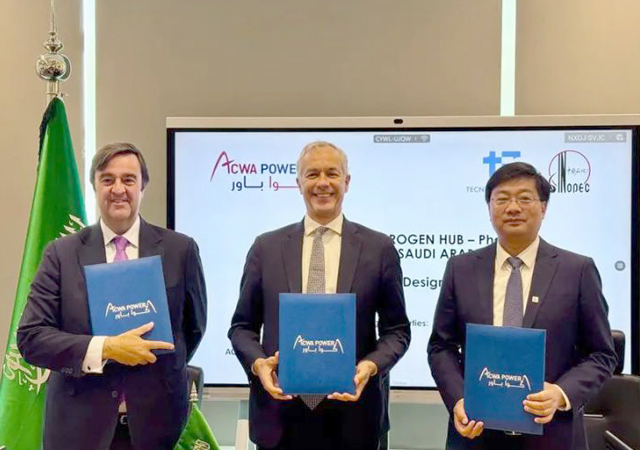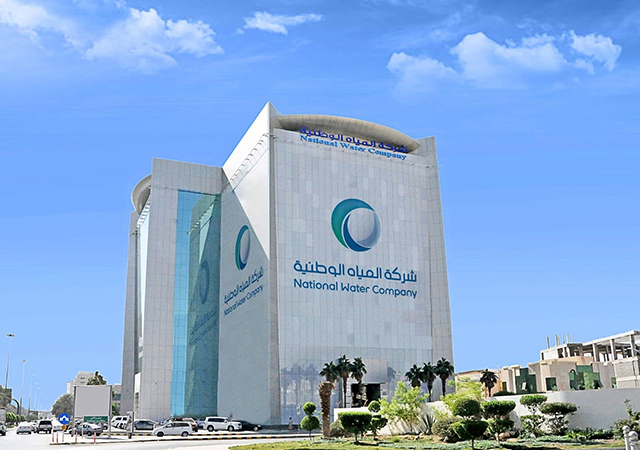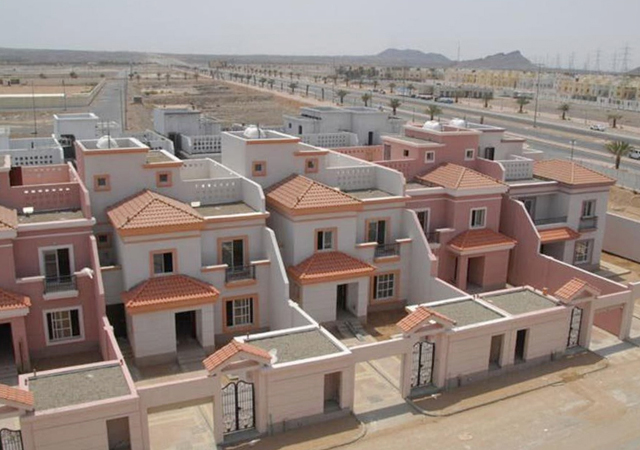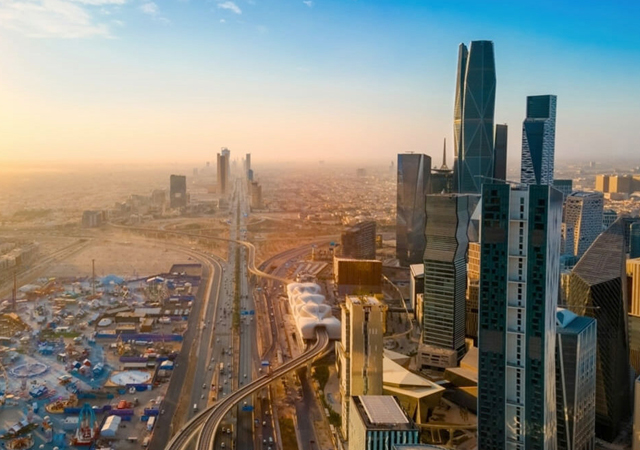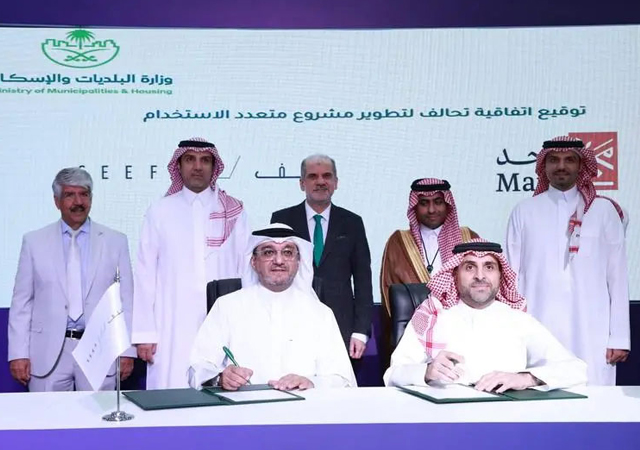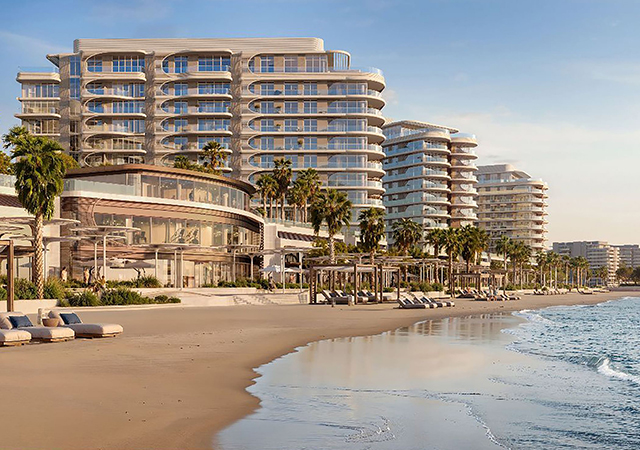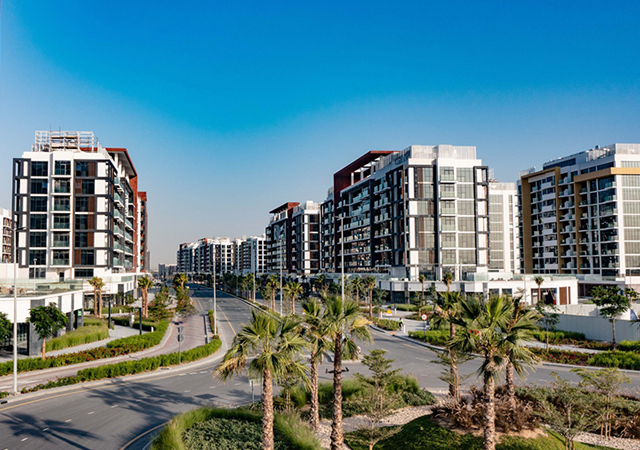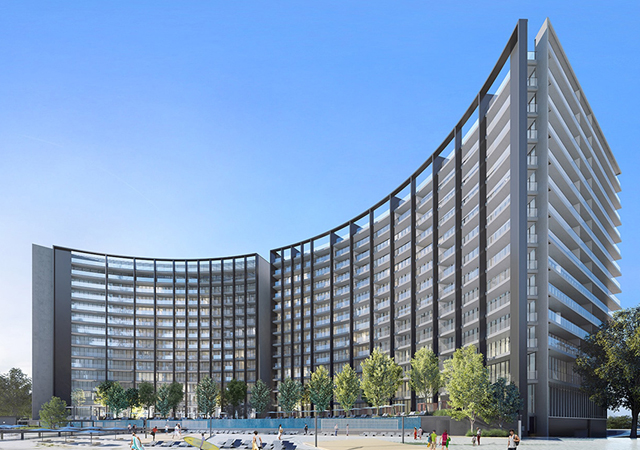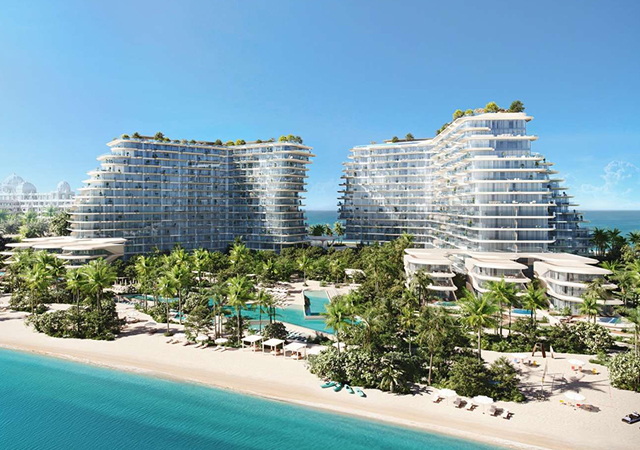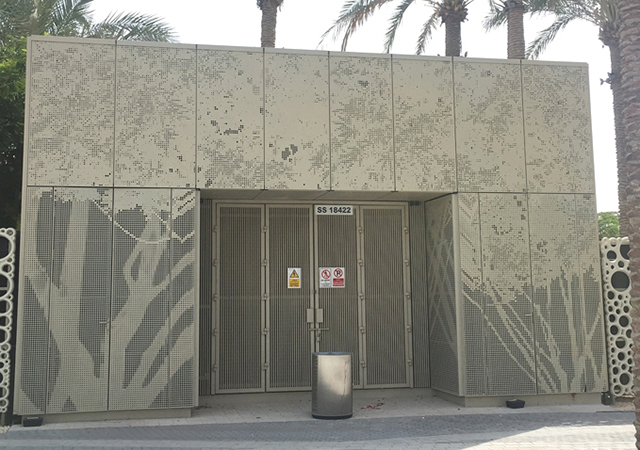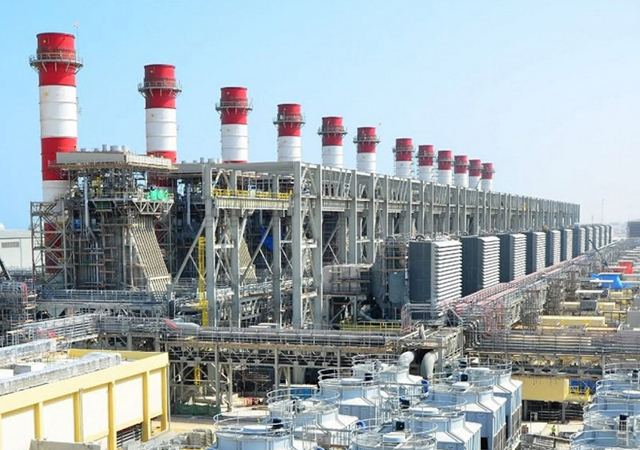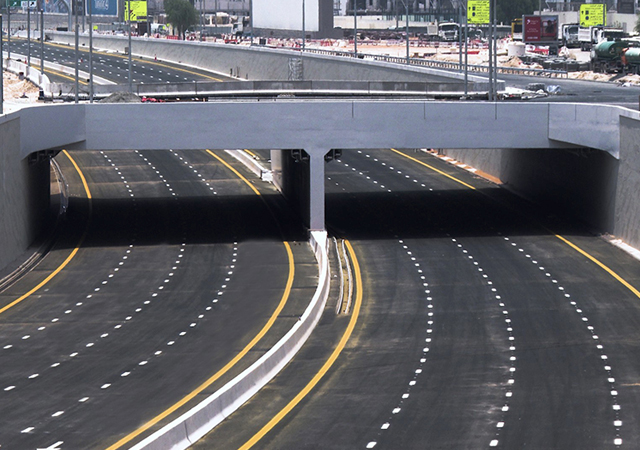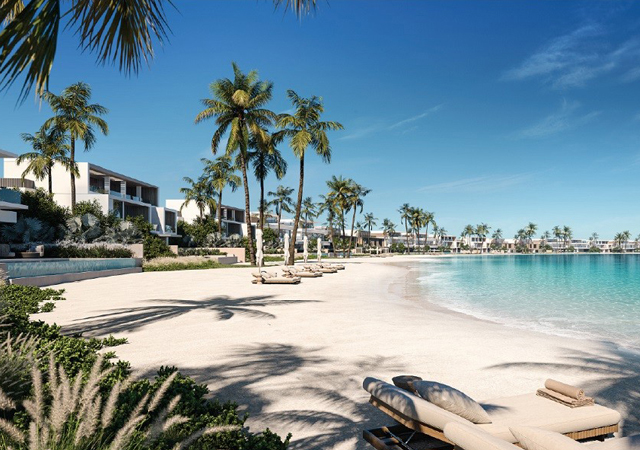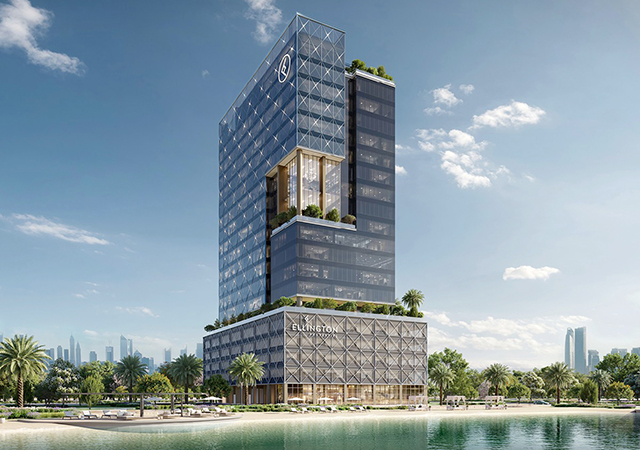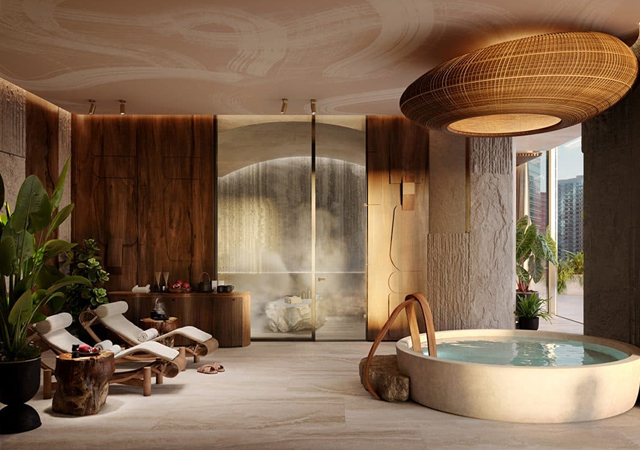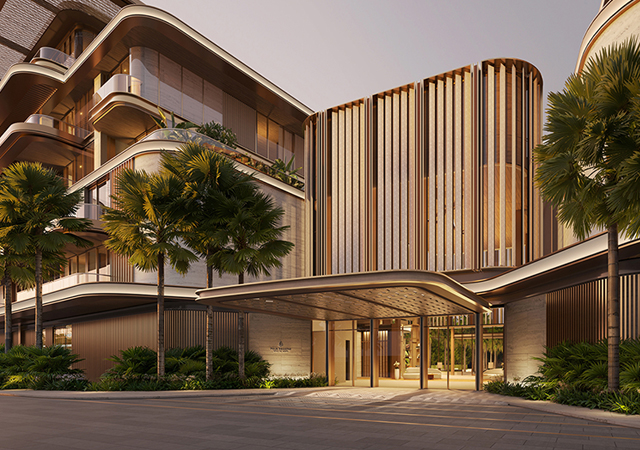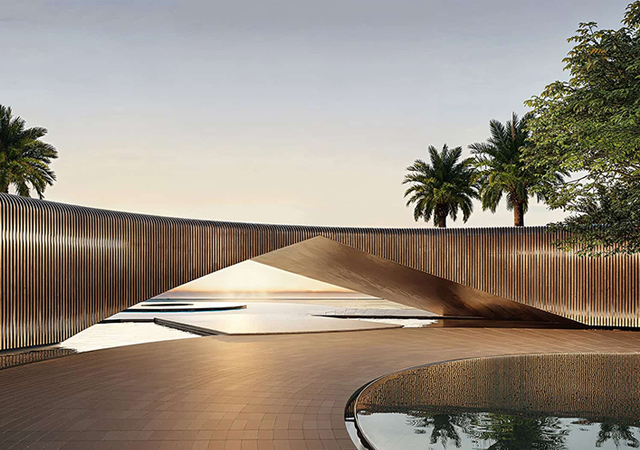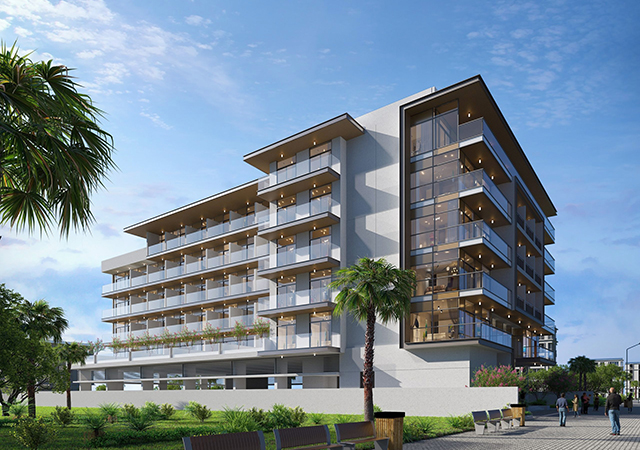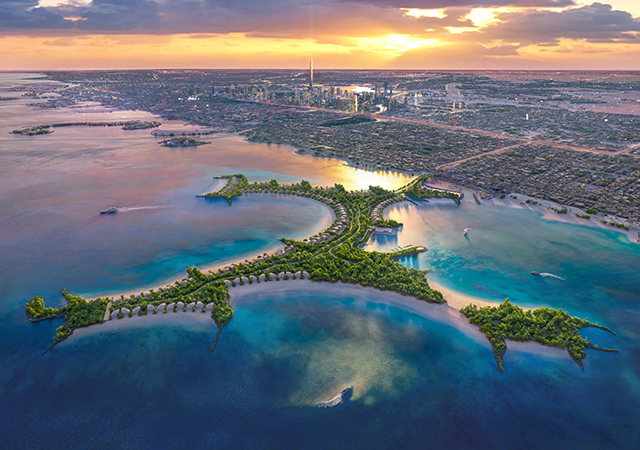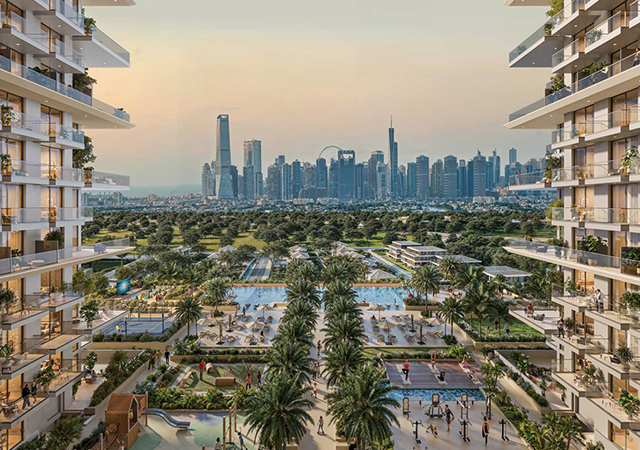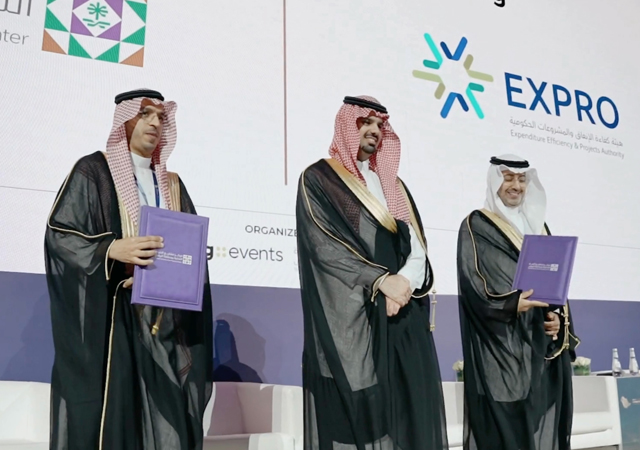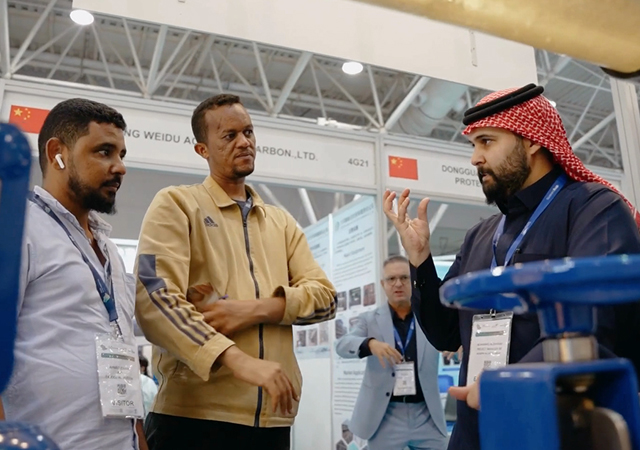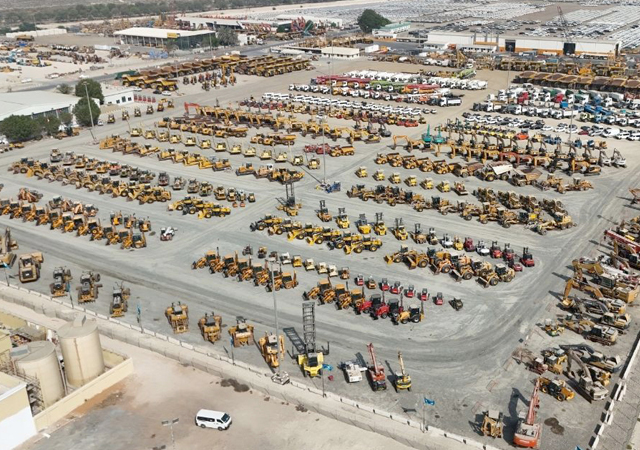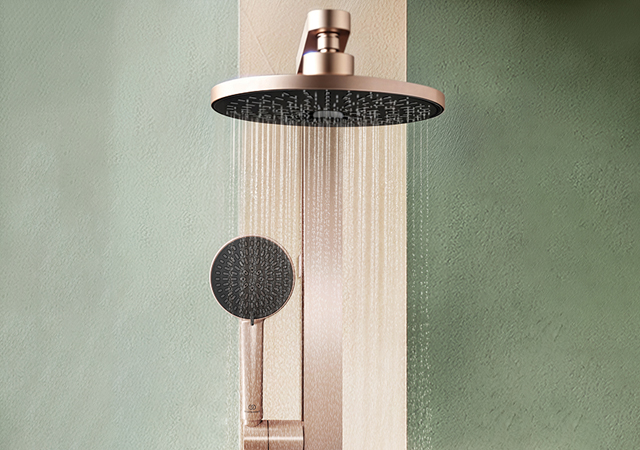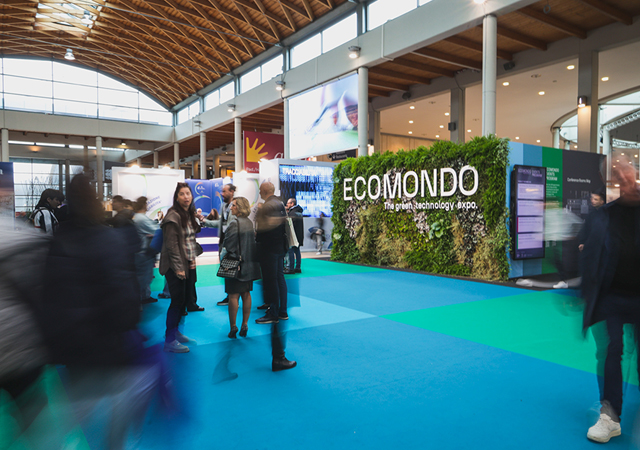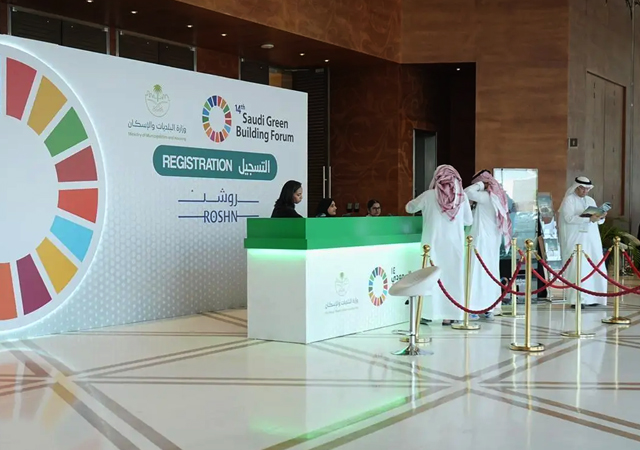
Jeddah-based Saudi Pipe Systems will put on display its range of valve and pipe systems when it arrives at the SaudiBuild 2005, to be held later in the year.
The company has been improving the quality and range of its products and expanding production facilities in a bid to meet the increasing demand for pipes, particularly for water and sewage projects in the kingdom.
The company is now looking forward to an increase in its capacity, which could mean the addition of new production lines to manufacture larger diameter pipes (up to 4,000 mm diameter), says a spokesman for the manufacturer.
SPS – which produces pipes, valves and castings – started production of HPDE pipes at a new plant earlier this year and the response has been such that the company is already considering expanding its capacity.
The company was established with the goal of producing top-of-the-line water system production lines and technology, and has manufacturing plants at the Jeddah Industrial City. The first factory – located on 11,250 sq m lot at the Jeddah Industrial City phase five – is dedicated to the production of valves. It specialises in the processing and production of all types of valves, pipe-fittings’, pipe clamps and flanges, all of which are essential for water, sewer, fire fighting, and central air-conditioning systems.
The second factory – the Saudi Pipe System Company or the casting factory – is located on 13,500 sq m lot at the Jeddah Industrial City phase four and is a major producer of engineered casting of variety of metals (ferrous and non-ferrous such as cast iron, aluminium, and copper).
The casting factory has a fully automatic casting production line; three induction furnaces with melting capacity of 2 tonnes/hour each; well-equipped pattern making and core making, and finishing shops; and a complete testing and quality control laboratory.
The third factory – the fiberglass reinforced polyester (FRP) pipes factory – has been set up to offset the problems related to pipe applications in the regional market. “Cost of steel pipes has steadily increased over the past few years and likewise, handling installation, unreliable joints, lining failure, and corrosion have led to increased difficulty in pipe applications,” says the spokesman.
“In this light, SPS took the initiative of establishing the highest quality FRP factory. Our design philosophy is to provide products with suitable properties with the required margin of safety. These will enable the pipe to perform satisfactorily after an extended period of operation (more than 50 years) under typical service conditions,” he adds.
Turning to its valves production capacity, the spokesman says that a focus on technology and the use of corrosion-resistant materials has allowed the company to manufacture a whole range of systems that have proven longevity in the challenging environmental condition of the region for both above- and underground installations.
SPS’ high standard of production is confirmed through its agreement with Duker, one of the most prestigious pipe-fittings and valves manufacturer in Europe. SPS markets its products in both local and international markets under the trademark SPS-Duker for water works, waste services, air-conditioning and irrigation. This includes gate valves, butterfly valves, check valves, air valves, pressure-reducing valves (PRV) and others.
Over the years, SPS has built up a reputation for reliability and a long history of satisfactory service, says a company spokesman.
“This has been possible as at each and every stage in the manufacturing of our products, individual parts are checked and tested by our quality control department in order to maintain their high level performance. High quality, high strength, stainless steel for long life and other raw materials are carefully selected and tested by the company in its own laboratories to conform to strict specifications.
“SPS uses the most modern control systems and processing methods to produce valves, pipefittings, pipe clamps and flanges and the valves are chemically treated and subsequently coated internally and externally with an epoxy powder coating. The valve components are also coated with epoxy-polyester. Finally, the products are subjected to tests such as radiography, spectrometer and hydraulic test to assure the highest quality,” he says.



